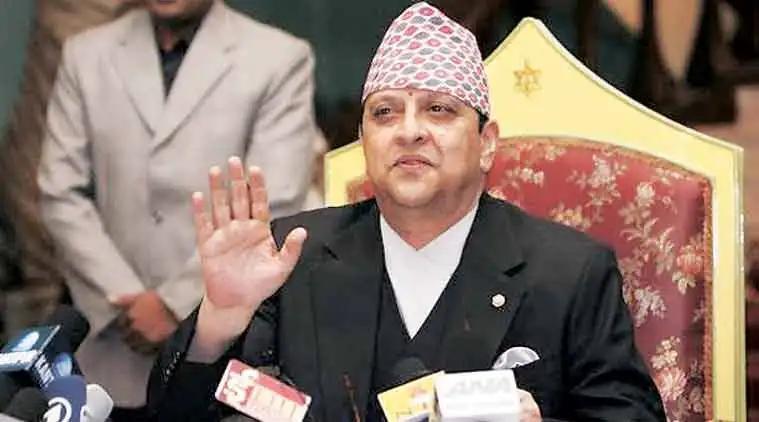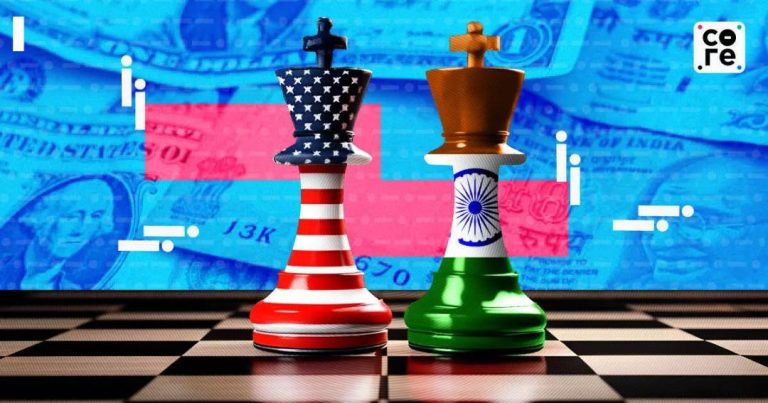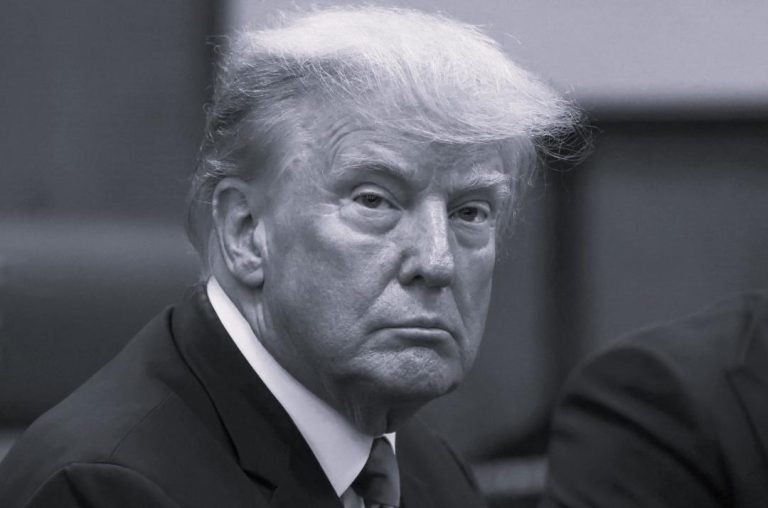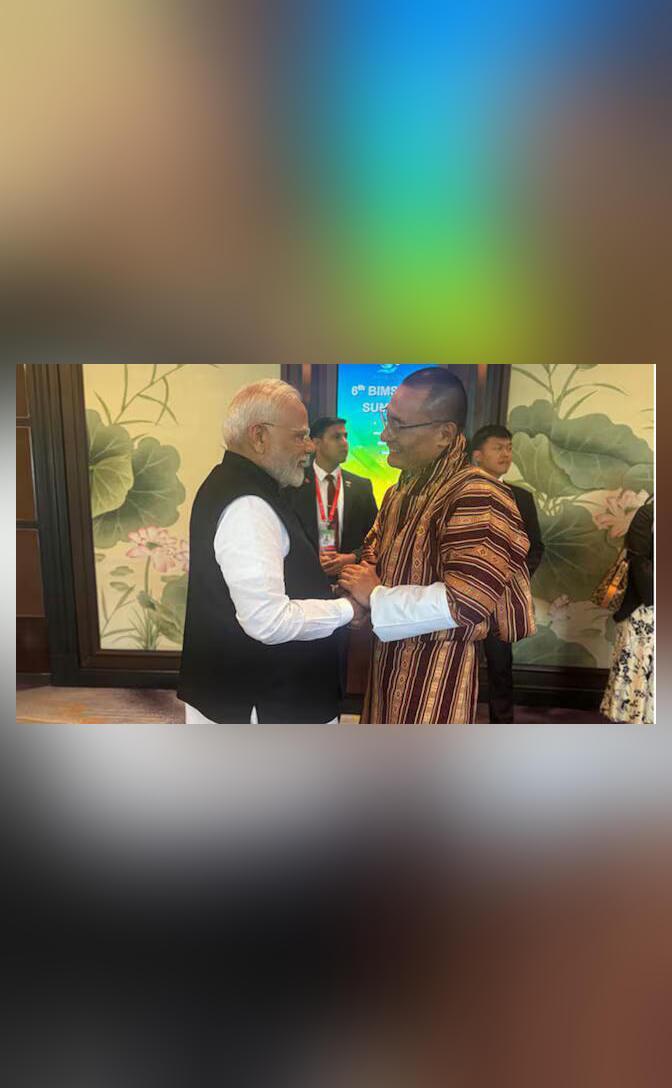
Nepal may revoke ex-King Gyanendra’s passport over protests
The Nepalese government is considering revoking the passport of former King Gyanendra Shah over his alleged involvement in inciting pro-monarchy protests in Kathmandu on Friday. This move comes after Shah was already fined nearly ₹5 lakh by Kathmandu’s civic body on Saturday for vandalism in the protests in which two people were killed.
Pro-monarchists, who are demanding the reinstatement of the 240-year-old monarchy, abolished in 2008, have been staging protests across Nepal in recent weeks. The protests turned violent on Friday, with protesters clashing with police and damaging public property. The police used tear gas and water cannons to disperse the crowd, resulting in the deaths of two people and injuries to several others.
The protests are a major challenge to the government of Prime Minister Sher Bahadur Deuba, who has been in power since July 2021. Deuba has been trying to address the economic and political crisis in the country, but the protests have added to the government’s woes.
The government has accused Shah of inciting the protests and has vowed to take action against him. “We will not tolerate any kind of violence and vandalism in the country,” said Home Minister Bal Krishna Khand. “Ex-King Gyanendra has been involved in inciting the protests and we will take action against him.”
Shah, who ruled Nepal from 2001 to 2008, has denied any involvement in the protests. However, the government has presented evidence of his involvement, including videos and photographs of him addressing the protesters.
The government’s move to revoke Shah’s passport comes after the Kathmandu Metropolitan City (KMC) imposed a fine of nearly ₹5 lakh on him for vandalism during the protests. The KMC also imposed a fine of ₹50,000 on each of the 11 people who were arrested during the protests.
The pro-monarchists have been demanding the reinstatement of the monarchy, which was abolished in 2008 after a decade-long Maoist insurgency. They argue that the monarchy was a unifying force for the country and that its abolition has led to political instability and economic crisis.
The government has rejected the demands of the pro-monarchists, saying that the monarchy was abolished through a democratic process and that there is no scope for its reinstatement.
The situation in Nepal is becoming increasingly tense, with the government and the pro-monarchists engaging in a bitter standoff. The government has deployed additional security forces in Kathmandu and other parts of the country to maintain law and order.
The international community has been watching the situation in Nepal with concern, with many countries urging the government and the pro-monarchists to resolve their differences peacefully. The United Nations has also appealed for calm and restraint, saying that the situation in Nepal is fragile and needs to be handled with care.
In conclusion, the situation in Nepal is becoming increasingly tense, with the government and the pro-monarchists engaging in a bitter standoff. The government’s move to revoke ex-King Gyanendra’s passport is a significant development, and it remains to be seen how the situation will unfold in the coming days.
Source:






